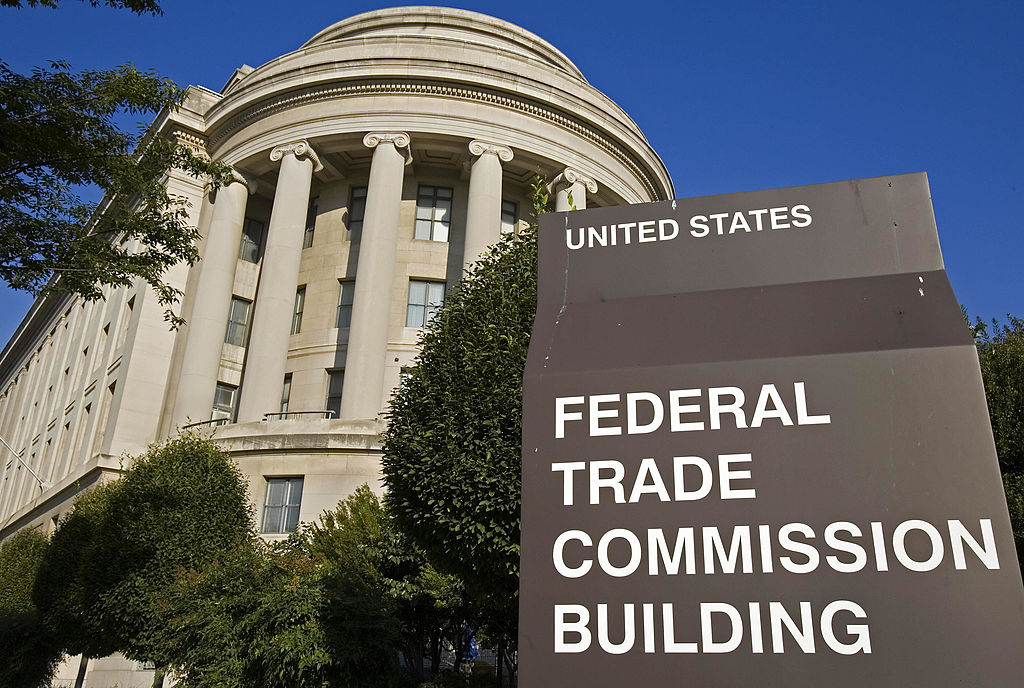FTC's Simons Warns Against Rush to Regulate Big Tech
Suggests antitrust enforcement can keep them in line

The smarter way to stay on top of the multichannel video marketplace. Sign up below.
You are now subscribed
Your newsletter sign-up was successful
Federal Trade Commission chairman Joseph Simons is cautioning against a rush to regulate big tech.
That came in virtual remarks at the International Competition Network (ICN) annual conference. ICN is a convocation of global competition authorities. In addition to being FTC chair, Simons is former head of the commission's antitrust division.
The FTC and Justice are both investigating dominant digital platforms for how they got so big and whether it was by skirting antitrust laws, or alternatively, because the laws have not been able to keep up with the explosive growth of companies like Google, Amazon, Facebook and Twitter.
Currently, the FTC is studying Google, Amazon, Apple, Facebook and Microsoft to "better understand" some of the acquisitions they made that were not subject to pre-merger reviews because their price points at the time were below the trigger for such reviews.
Related: Senate Dems Want Confirmation of Big Tech Investigations
There have been calls for new regulations on Big Tech, but Simons was not joining them, according to his prepared remarks for a Monday (Sept. 14) Digital Showcase, suggesting the antitrust enforcement regime could handle the job.
"Many of the major technology companies that we rely on to search for answers to our questions, find goods, connect us to friends , and carry out other fundamental tasks dominate their respective domains." He did not name them, but Google, Amazon and Facebook/Twitter would fill that bill, respectively.
The smarter way to stay on top of the multichannel video marketplace. Sign up below.
He said the debate over "how we can properly ensure that these large firms do not inappropriately dominate our daily lives" was "lively and thoughtful."
But he also signaled folks should think twice about wielding a big regulatory stick. "Some people are proposing regulatory solutions designed to curb or change the way these companies compete," he said. "I would advise strong caution before adopting any regulatory regime rather than relying on a competition regime."
He said the regulation route is "subject to regulatory capture and political influence," which can entrench dominant firms. Translation: Edge providers have powerful lobbies that can influence the regulatory process. He said the result of that capture is less competition, not more.
By contrast, he argued, rigorous enforcement of the antitrust laws, not new regulations, are the best way to "keep dominant companies in line," adding: "Thankfully, our antitrust framework is flexible and capable of adapting to the unique business models of these big technology companies. And antitrust law is generally capable of sorting out business practices that benefit consumers from business practices that result in harm."
He said one result of the current investigation of big tech acquisitions is that the FTC could decide to start requiring pre-merger filings lower than the current threshold--$94 million.
Contributing editor John Eggerton has been an editor and/or writer on media regulation, legislation and policy for over four decades, including covering the FCC, FTC, Congress, the major media trade associations, and the federal courts. In addition to Multichannel News and Broadcasting + Cable, his work has appeared in Radio World, TV Technology, TV Fax, This Week in Consumer Electronics, Variety and the Encyclopedia Britannica.

